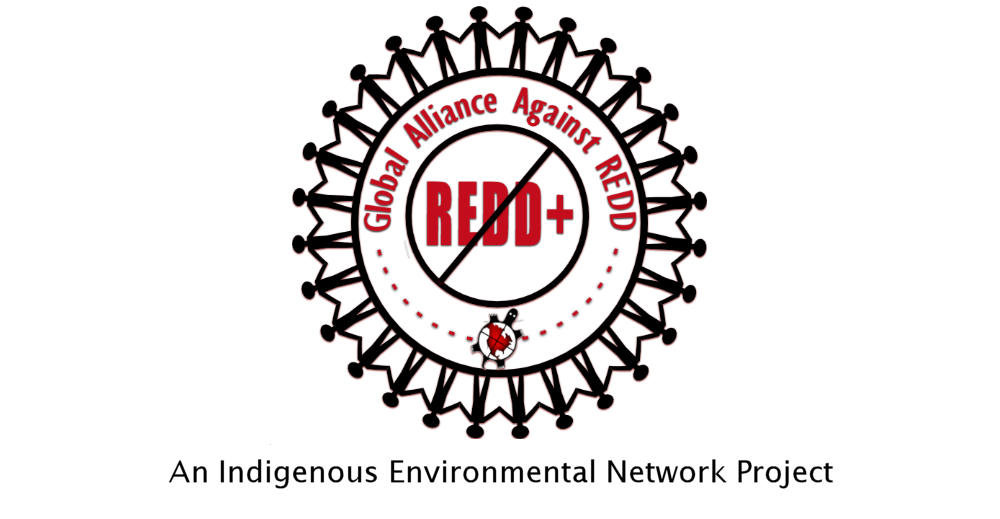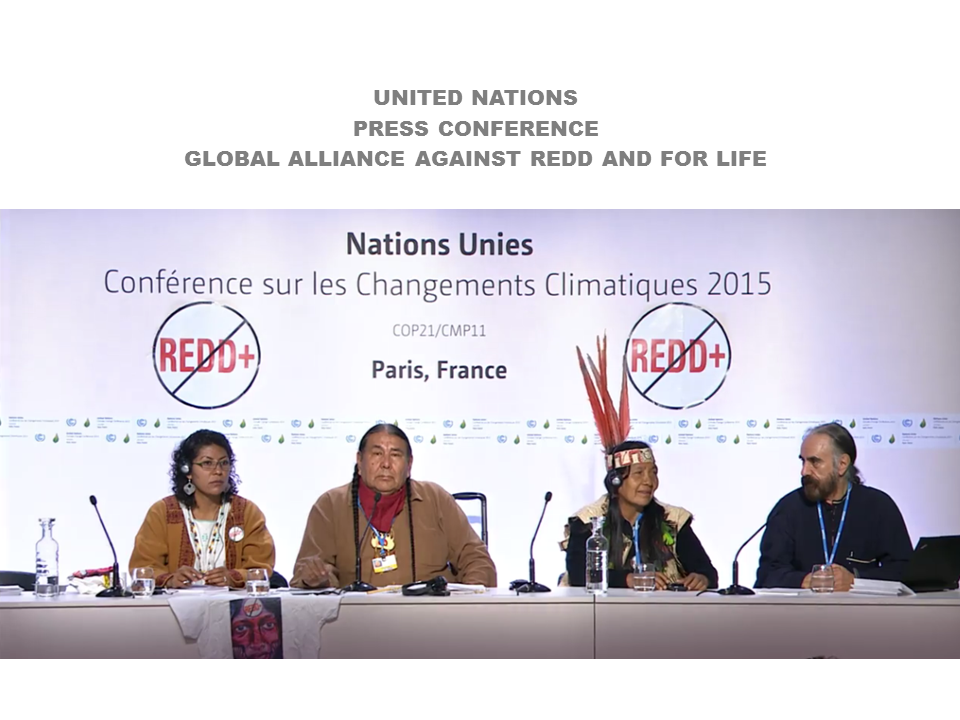Norway launched REDD in Tanzania in 2008, with a promise to fund US$83 million over a five year period. But in a recent article in Development Today, Jens Friis Lund, Mathew Bukhi Mabele and Susanne Koch argue that Norway’s involvement in REDD in Tanzania “failed to produce models that work”.
Lund, Mabele and Koch write that,
Norway’s effort has therefore not only wasted time and resources. It also represents a lost opportunity for forests and people in Tanzania. The reason, we believe, is that Norway fell into a common donor trap, disregarding on-going processes and setting up parallel structures that had to start from scratch.
In October 2016, REDD-Monitor wrote about a paper titled “Promising Change, Delivering Continuity: REDD+ as Conservation Fad”, published in World Development. Lund and Mabele were two of the authors of the paper, which argues that,
REDD+ represents a promise of change that is carefully managed to ensure a balance between discursive change and continuity in practice that allow certain actors within the development and conservation industry to tap into financial resources.
Susanne Koch, the third author of the Development Today piece, is the Chair of Forest and Environmental Policy of the Technical University of Munich. She has a forthcoming paper in Forest Policy and Economics titled, “International influence on forest governance in Tanzania: Analysing the role of aid experts in the REDD+ process”.
“Forest governance in many African countries is characterised by a blatant gap between policy and implementation,” Koch writes. But rather than explaining away this gap with arguments about not enough aid money or capacity weaknesses, Koch focusses aid as a cause of implementation failure.
Undermining democracy
The paper illustrates how donor experts use their position of power to push the latest “conservation fads” on governments of the Global South. Meanwhile, governments on the receiving end, as well as civil society and academia, use their international “partners” to pursue their own ends.
Although aid agencies have formally abandoned aid conditionality and don’t set priorities there is still “a persistent element of coercion conveyed by ‘advice’ which permits experts to enforce policy decisions without explicitly demanding them”, Koch writes.
This form of neo-colonial external influence undermines the legitimacy of democratic governments.
The research included interviews between 2012 and 2013 with government decision-makers and bureaucrats, representatives and technical staff of international agencies and an academic working in the field. Some of the most interesting parts of the paper are quotations from these interviews.
A Norwegian embassy official explained why Norway was interested in REDD in Tanzania:
Tanzania was already chosen as one of the countries that we wanted to try this out. And why Tanzania was chosen was because we wanted to have African countries and also wanted to have countries with dry forests (…). So very early the embassy here, the ambassador started dialogue with the government in this country to see if there was an interest. And it was.
REDD and carbon trading
While at first glance, the REDD process in Tanzania appeared to be participatory, Koch quotes from a 2014 evaluation, which found that,
the consultations have been of quite a general nature seeking to promote REDD+ rather than having more focused thematic consultations with different affected target groups, where actual critical inputs to the REDD+ Strategy process could have been collected. Moreover, much of the country-wide processes for the Strategy have been heavily focused on local government staff with few NGO participants and with no real representation of forest dependent communities and indigenous peoples organisations.
The main parties involved in REDD discussions were donors, the government, and NGOs.
A discussion about financial flows highlights some of the problems. The government preferred a central government-controlled trust fund. NGOs preferred a nested approach, arguing that linking local foresters with international carbon markets, would “provide a stronger incentive” and “ensure communities are rewarded for their individual efforts to reduce deforestation on lands under their control”.
As Koch points out, it would also allow NGOs to play a greater role in the REDD regime, particularly as brokers of carbon credits.
Norway did not officially take sides in this discussion. But Norway’s experts criticised the emphasis on a Trust Fund in the draft REDD+ Strategy for Tanzania, along with calls for more stakeholder engagement of civil society and the private sector, and social, environmental and governance safeguards.
As a Tanzanian government official pointed out,
Donors are part and parcel of the REDD development process, globally and nationally. And their comments at one particular point of time have to be considered (…). Because finally you don’t need to produce something which will be one-sided. REDD is not a one-sided business. We are talking of selling carbon and where are the markets for carbon? They are not in Tanzania.
REDD is a dangerous distraction
In their article for Development Today, Lund, Mabele and Koch conclude that,
[W]hile the intensive and widely shared enthusiasm about the REDD+ experiment in Tanzania has evaporated, the thorny problem of climate mitigation which REDD+ was supposed to address remains. Norway’s many millions have not done much to address that problem. Rather, as Chris Lang put it more than two years ago in these pages, Norway’s International Climate and Forest Initiative looks increasingly like a distraction from the urgent need to cut greenhouse gas emissions from the burning of fossil fuels.
Exactly. And the fact that Norway’s greenhouse gases increased by 1.1% in 2015, and have increased 4.2% since 1990, only reinforces this argument. Norway’s emissions from oil and gas have increased by 83% since 1990.
PHOTO Credit: “Article about corruption in Norwegian funded REDD project in Tanzania”, focali.se.





